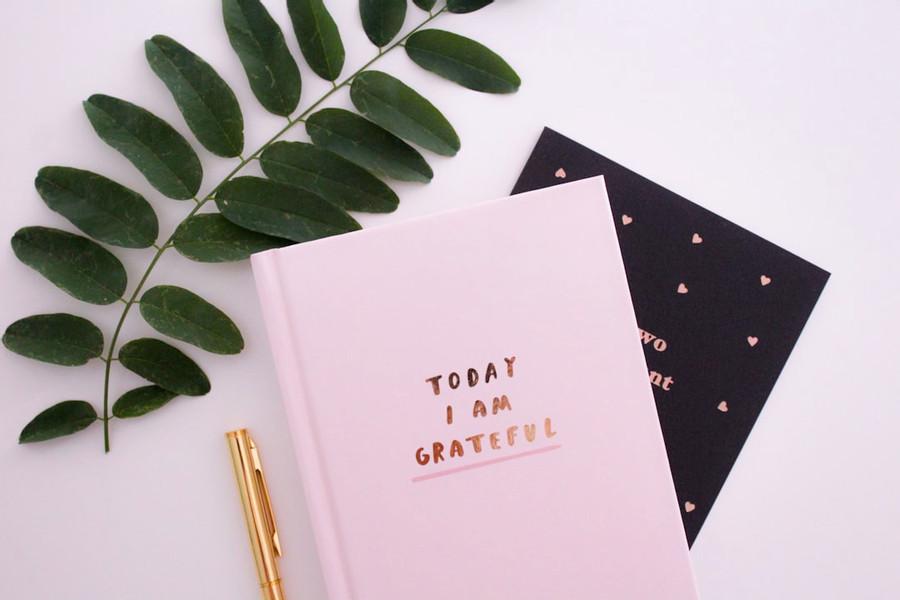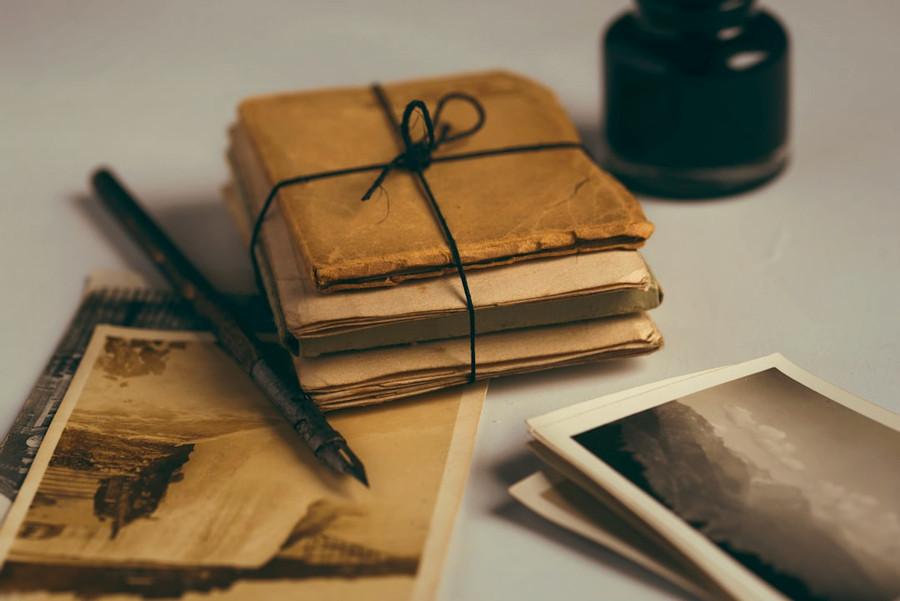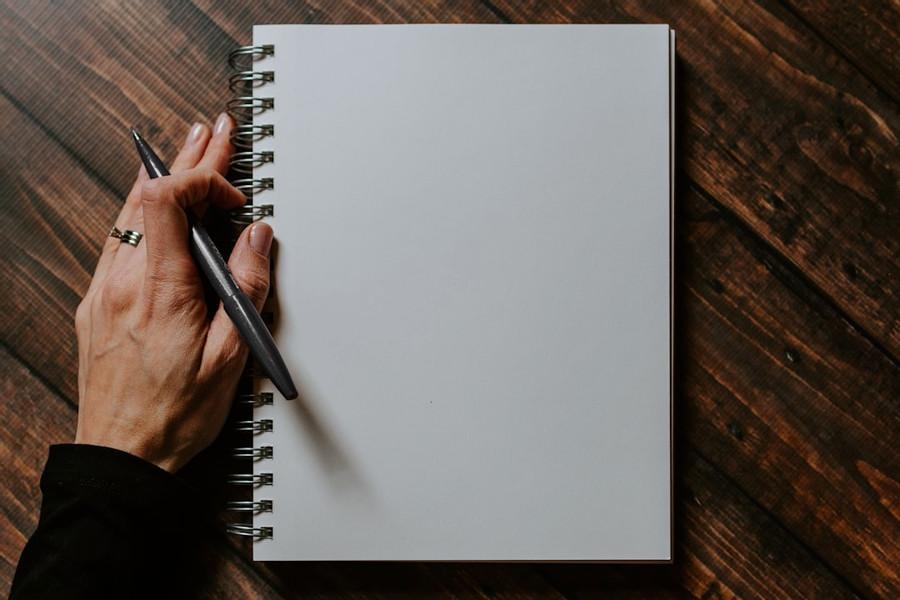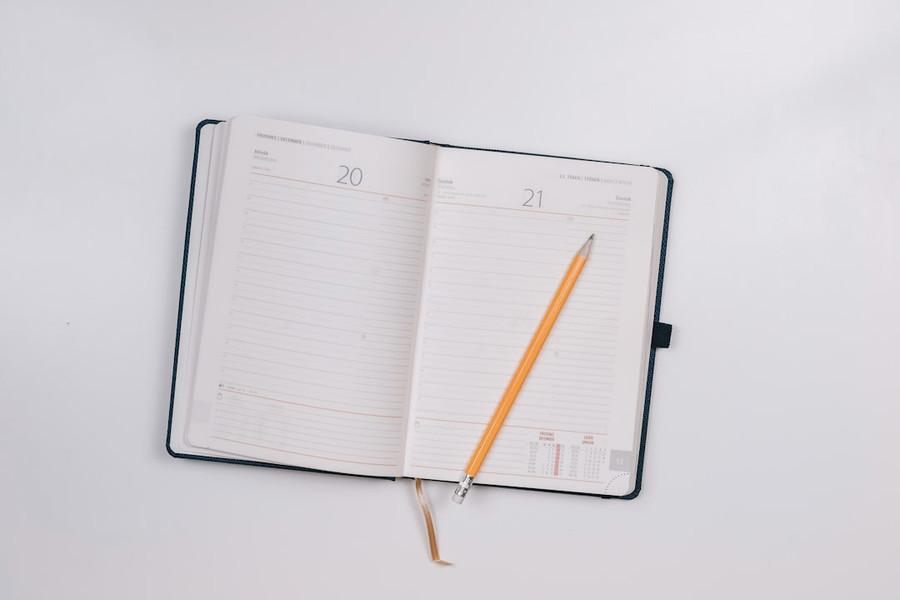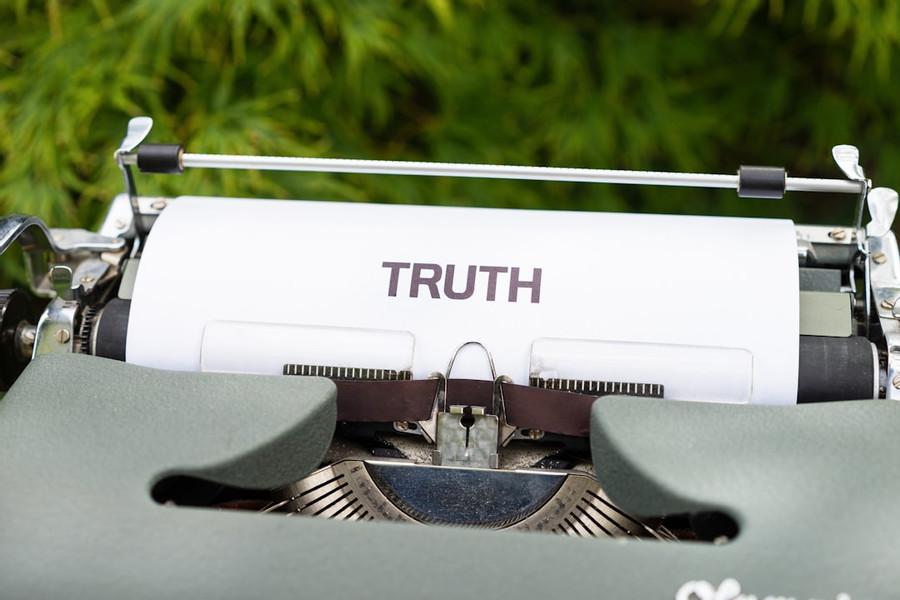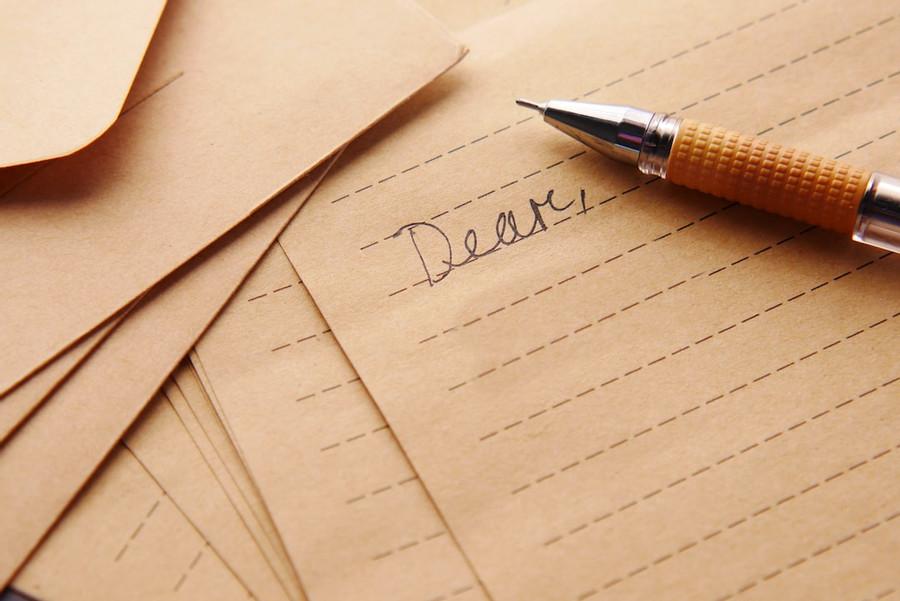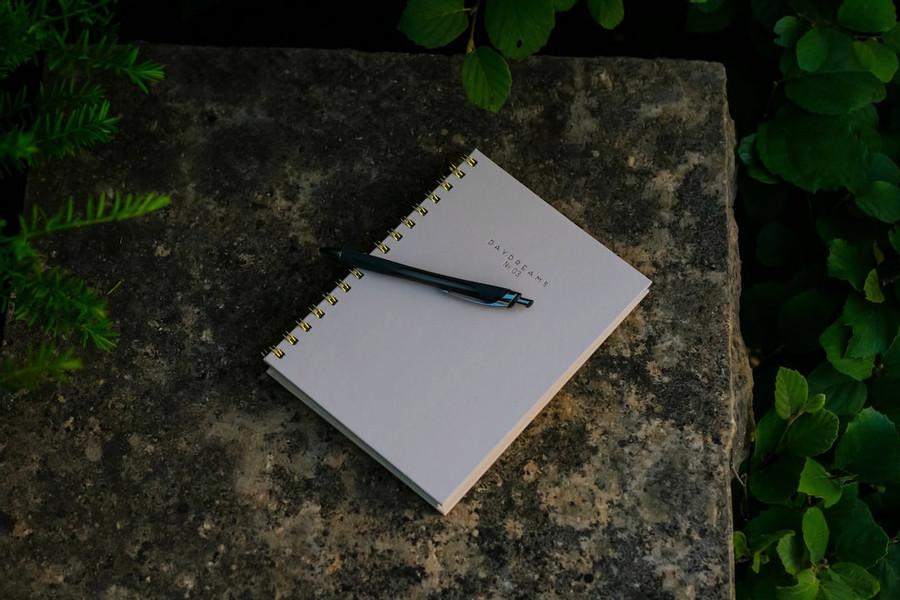How to Write a Journal: 6 Tips
Curated from: thewritepractice.com
Ideas, facts & insights covering these topics:
17 ideas
·10.5K reads
65
2
Explore the World's Best Ideas
Join today and uncover 100+ curated journeys from 50+ topics. Unlock access to our mobile app with extensive features.
4 Advantages of Keeping a Journal
There are many reasons why it is a good idea to keep a journal. I want to share four big ones with you.
- Remember details
- Find old friends
- Help process feelings and ideas
- Preserve the writer’s history
139
1.07K reads
1. Remember details
When I travelled to Europe in 1978 I kept a journal.
There were several details of my trip, that I had completely forgotten until I re-read the journals.
Recording the details of your life can enrich your stories.
125
887 reads
2. Find old friends
Keeping a journal can help you find old friends. One of the women I met on November 26th, 1978, wrote down her address. I found her on Facebook and just sent her a message. (Social media and Google can also help, but the journal did remind me of her name.)
118
773 reads
3. Help process feelings and ideas
When you keep thoughts in your head it can be hard to know how you think and feel. Writing down how you feel will help you process your emotions, as feelings become words, which can be then be edited.
127
718 reads
4. Preserve the writer’s history
When you are dead and a famous writer, your journals will give your readers insight into how you thought and what your life was like.
You may never sell more than one hundred copies of your book, you may never publish your writing, or your journals may only be read by the mice that crawl through your basement. Or your journals will be read by zombies after the zombie apocalypse, sharing insight into how you felt and thought.
119
565 reads
6 Tips for How to Write a Journal
Now you know why journaling can be helpful. But how should you journal? It is very personal, and you should do what works best for you. But I will give you some tips to help you get started.
- Choose your kind of journal
- Date your entry
- Tell the truth
- Write down details
- Write down what you felt
- Write a lot or a little
141
613 reads
1. Choose your kind of journal
You have several options for how to keep your journal.
A book, where you write with a pen or pencil onto paper: Write in a book that is not so pretty you are afraid to write in it. Keep the size small enough you don’t mind carrying it in your messenger bag, and big enough you can read your handwriting.
The advantage of paper is you can write without having to be plugged into an electronic device.
The disadvantage to a paper journal is if you lose the journal and you didn’t make a copy of it, you have lost all of the writing.
120
506 reads
Software: There are several software applications on the market you can use to journal. Be sure they sync to the cloud, as you don’t want to lose your entries because you fry your computer hard-drive.
Journey and Day One can add photographs and text, and export all of your entries into a PDF. You can also journal in Microsoft Word or Scrivener and save your files to a cloud-based program that will keep your files safe if you lose your computer or pour water on your keyboard.
119
427 reads
2. Date your entry
You think you will remember when it happened, but without a written date, you might forget.
121
547 reads
3. Tell the truth
The journal is a record of how you felt and what you did. Telling the truth will make you a reliable storyteller.
If you haven’t cleaned the seven litter boxes for a week, don’t write that you clean them every day simply because you want your readers one hundred years from now to think you had good habits.
122
440 reads
4. Write down details
Record details like the time, location, who you were with, what you were wearing. Details will help bring the memory alive when you record using your five senses.
To this day, if I smell a certain kind of Japanese soup, I can remember vividly the day I flew to Korea to renew my Japanese visa, only to discover the Japanese embassy was closed for a traditional Japanese holiday.
124
440 reads
5. Write down what you felt
What you were thinking? Were you mad? Sad? Happy? Write down why.
120
501 reads
6. Write a lot or a little
A journal entry doesn’t have to be three pages long. It can be a few words that describe what happened, a few sentences about the highlight of your day, or it can be a short description of an event from your day, where you describe details to help you remember what happened. Like, what time of day was it? What sound do you remember?
Your journal entry might be a drawing, a poem, or a list of words or cities you drove through. It is your journal, and you have the freedom to be creative.
120
384 reads
When to Journal
There is no right or wrong time to write in a journal. Write when you will remember to do it. Do you always brush your teeth before you go to bed? Have writing in your journal be part of your bedtime routine. Perhaps put it on your bedside table, or beside your hammock, or on the floor beside your futon.
If you are a morning person, consider keeping your journal on the table where you drink your morning coffee, tea, water, milk, or orange juice.
These are only suggestions. You don’t have to write down your feelings or why you felt a certain way.
118
399 reads
A journal is a diary of your life. Who you are, who you were with, and where you want to go.
PAMELA HODGES
122
620 reads
IDEAS CURATED BY
CURATOR'S NOTE
As somebody who journals semi-regularly, I have seen its positive effects on my mental health. I hope this wonderful write-up by author Pamela Hodges helps others keep journals too.
“
Sushruta 's ideas are part of this journey:
Learn more about writing with this collection
The importance of practice and repetition in learning
How to stay motivated and avoid burnout while learning
How to break down complex concepts into manageable parts
Related collections
Similar ideas
15 ideas
12 Bullet Journal Tips & Tricks You Need To Try! + SECRET TIPS
diaryofajournalplanner.com
11 ideas
#28: What type of journal paper to write? | Tress Academic (2022)
clickytouch.ngontinh24.com
3 ideas
Read & Learn
20x Faster
without
deepstash
with
deepstash
with
deepstash
Personalized microlearning
—
100+ Learning Journeys
—
Access to 200,000+ ideas
—
Access to the mobile app
—
Unlimited idea saving
—
—
Unlimited history
—
—
Unlimited listening to ideas
—
—
Downloading & offline access
—
—
Supercharge your mind with one idea per day
Enter your email and spend 1 minute every day to learn something new.
I agree to receive email updates

